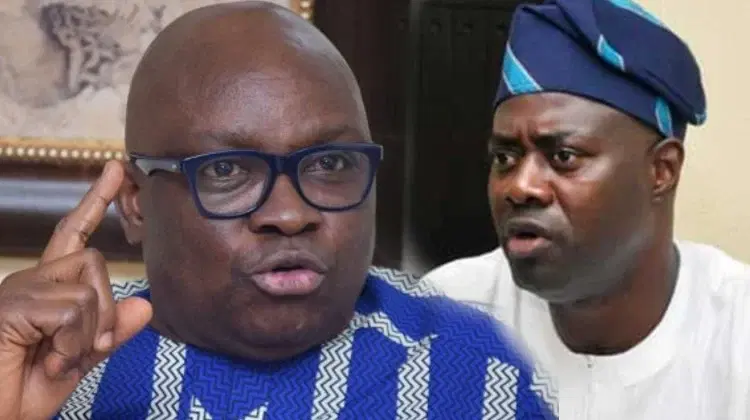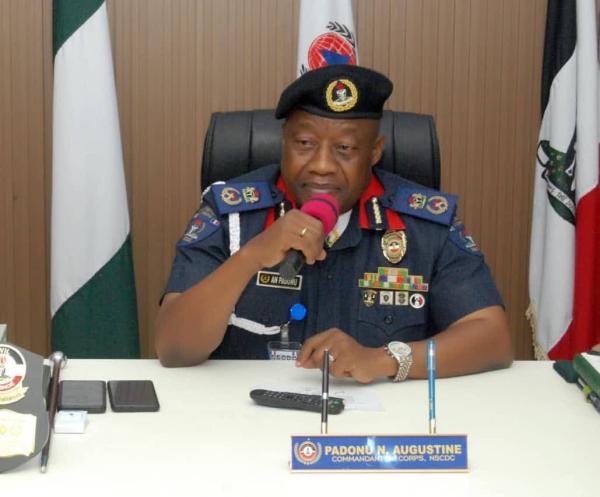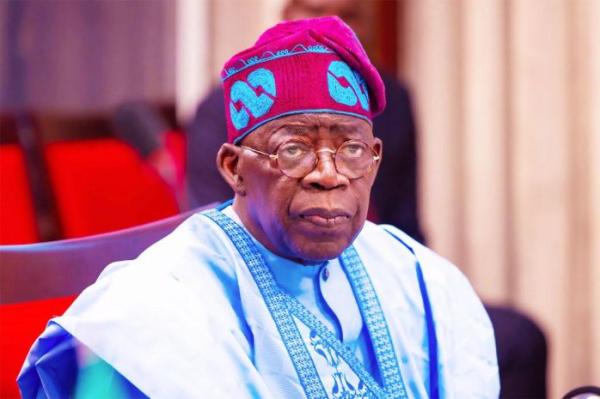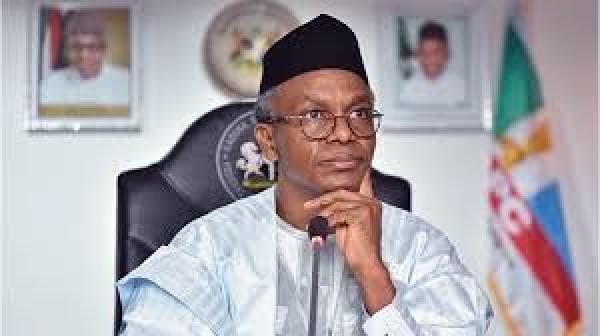
Stakeholders in Nigeria’s health sector will tomorrow converge on Abuja to provide new roadmap for containing Ebola virus and other related ailments in the country.
The meeting, convened by the country’s Ebola Treatment Research Group, TRG, will review current national efforts and available resources to combat Ebola and other emerging diseases in the country.
This was contained in a statement by the Director of Information, Federal Ministry of Health, Mrs. Ayotunde Adesugba, a copy of which was made available to our reporter yesterday.
The outcome of the meeting, which will also be attended by the private sector, will help to galvanise support on a common agenda among the stakeholders. The stakeholders include the organised private sector, that share similar concerns on Ebola virus and other diseases in sub- Saharan Africa and globally, the statement noted.
Minister of Health, Prof. Onyebuchi Chukwu, who will declare the meeting open, had shortly after the first case of Ebola virus in the country constituted the TRG which has as member, the former Independent National Electoral Commission, INEC Chairman and Professor of Pharmacognosy, Maurice Iwu.
The group has the mandate of conducting research to provide cure for the disease, including the review of Iwu’s inconclusive research on the virus.
He began the research about a decade ago with some Americans in the United States before it was abandoned.
Since the TRG was set up on August 4, nothing has been heard of the group. It is expected that the meeting would afford the team to tell Nigerians what it has done.
There is at present competition among nations to find panacea to eliminate the Ebola virus, and Nigeria, now Ebola-free, has been globally commended for its efforts to contain the disease.
The United States government last week sent its medical experts to enquire how Nigeria tamed the killer virus after the US recorded its first case of the disease.
Some of the trial drugs developed outside Nigeria for the scourge are Nano Silva which was rejected by Nigerian Research and Ethics Committee, shortly after trial drugs was approved by the World Health Organization for use on the carriers of the virus.
The other is Zmapp developed by an American. It has been in short supply and has not proven effective to contain the disease.
Currently, deaths from Ebola are over 3,000, worldwide since the disease broke out in Guinea March this year. This is even as 121 deaths were reportedly recorded in Sierra-Leone in one day less than two days ago.
Three West African countries, Liberia, Sierra Leone and Guinea are being threatened by the scourge. Spain is also on the verge of recording a case as its nurse has been tested positive to the disease.
Before Nigeria brought the disease under control late August, it had recorded 19 cases, 12 survivors and seven deaths. But it is yet at the risk of the disease in as much as any nation on the globe battles with it, Chukwu has repeatedly warned.
It would however be awarded Ebola-free certificate later this month by the WHO.
In Lagos, the state government yesterday said it is about concluding plans to include hand washing sessions in the primary and secondary schools curriculum as part of measure to further tame and control the spread of the disease.
Special Adviser to the Lagos State Governor on Public Health, Dr. Yewande Adeshina who stated this while addressing a crowd of teachers and head of schools at the Eko FM ground, Agidingbi, Ikeja noted that this will help inculcate high level of personal hygiene in the students.
According to her, the state government will include “a hand washing” class in the school curriculum to encourage practical session on hand washing in a bid to inculcate the culture of hand washing in pupils; saying the step will ensure high standard of personal hygiene in pupils.
“We have posters to educate pupils on Ebola Virus Disease; we also have posters that give instructional aid to proper hand washing technique. This posters and instructional materials are designed to be posted on the walls of classrooms. A compact disc to aid teachers on presentation on Ebola virus disease and a student handout manual on the disease have also being distributed”, Adeshina said.
Equally, ahead of the October 8 resumption date of all schools in Lagos state, the state government has began the distribution of sanitary wares and instructional materials to all schools in the state in an attempt at preventing an outbreak of Ebola Virus Disease (EVD) in the schools
Some of the materials being distributed to the schools include, water tanks, buckets, soaps, gloves, posters, handbills, instructional compact discs and handouts on the Ebola Virus Disease to schools in an effort aimed at preventing an outbreak of the disease in schools.
According to Dr Adesina, the state government postponed the resumption of schools earlier slated for September 22 to October 8 in order to put some preventive mechanism in place prior to the school resumption.
She explained that part of the preventive and infection control mechanism being put in place include the training of teachers and focal persons for each schools on Ebola Virus disease prevention, procurement and distribution of thermoscans; a device for checking temperature, production and distribution of Information, Education and Enlightenment materials including posters and handbills on Ebola Virus Disease and Hand washing to schools and mobilizing heads of schools on how to source and make water available in their respective schools.
Adeshina noted that the State government has data on the availability of water in public schools across the state stressing that temporary measures are being put in place by the state government on the provision of water in schools with no water.
These measures according to the Special Adviser include the provision of water tanks, water tanks stands, coloured and transparent bucket and distribution of 5000 naira to schools without water for the temporary purchase of water for use in the schools.
The Special Adviser explained that the thermoscans are not Ebola virus detector device but a device for checking temperature which signal fever; which is one of the symptoms of Ebola virus disease adding also that the disposable gloves are also meant to be used by teachers when handling sick pupils.
She implored all head of schools and teachers to utilize the various materials and resources being given to them judiciously and ensure that the effort s of the state government in the containment of the Ebola virus disease is not defeated as schools resumes.
Meanwhile, the US is planning measures to screen incoming air passengers for Ebola, President Barack Obama has said.
The likelihood of an Ebola outbreak in the US is “extremely low”, Mr Obama said, but “we don’t have a lot of margin of error.”
Mr Obama’s comments came six days after a Liberian man became the first case of Ebola diagnosed on American soil.
Thomas Eric Duncan, who contracted the disease in Liberia, is in a critical condition in a hospital isolation unit in Dallas.
Meanwhile, on Monday a plane carrying American journalist Ashoka Mukpo, who contracted Ebola while working in Liberia, landed in Nebraska, where he will undergo treatment for the deadly disease.
His parents said at a news conference he was looking strong and was “enormously relieved” to be in the US.
Mr Obama, who spoke after a White House briefing with US health officials, said the US government would push to ensure doctors and other medical professionals responded appropriately if they came in contact with a patient with Ebola-like symptoms.
The US president also criticised foreign governments for not acting “as aggressively as they need to” against the outbreak.
In a related development, US teams are headed to Nigeria to learn about its success in using ‘contact tracing’ – a significant practical step that limited the spread of the virus.
Since July 20, the day Liberian American Patrick Sawyer, otherwise known as Nigeria’s “Patient Zero” arrived in Lagos, officials have recorded a total of only 19 cases, with no new cases since Aug. 31.
Last week, on the same day the US confirmed its first case of Ebola, the Center for Disease Control (CDC) proclaimed that Nigeria had stopped its outbreak.
“Because of a rapid public health response, effectively tracking nearly 900 contacts, it appears they have been able to stop the outbreak in Nigeria,” CDC Director Tom Frieden said.
“Though we can’t give the all clear yet, it does look like the outbreak is over there. I’m confident that wherever we apply the fundamental principles of infection control in public health, we can stop Ebola.”
Nigeria’s success appears to be rooted in “contact tracing” – determining every single person that Patrick Sawyer, or Patient Zero, had contact with, and then monitoring them for signs of the virus.
“Contact tracing can stop the Ebola outbreak in its tracks,” a chart distributed by the CDC declares.
Now contact tracers are at work in the US, setting out to track down as many as 100 people who may have been exposed to Thomas Duncan.





















